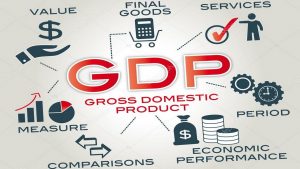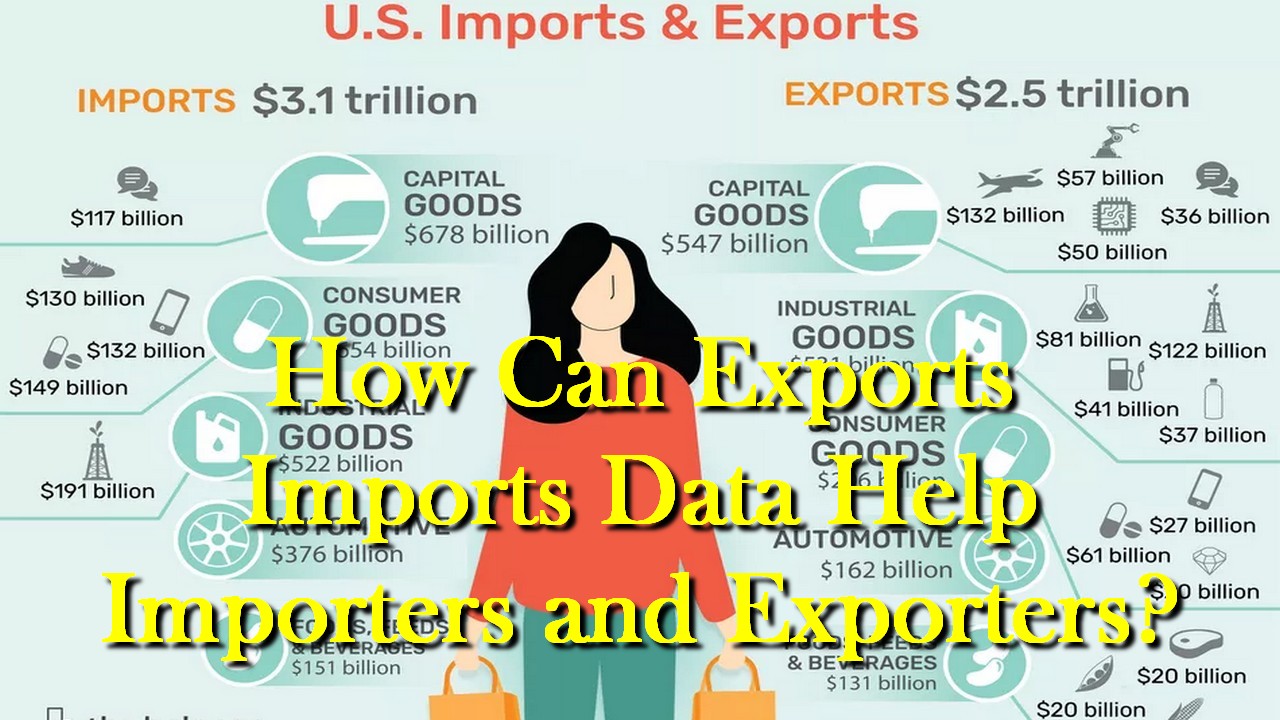International trade analysis has become a critical part of any logistics and supply management team. The amount of money invested in the business calls for informed decisions that rely on verifiable data. Trade data can either make or break your company. Before making your next shipment, we recommend you head over to our website and check the import/export data available.
To help you get a feel of the significance of importation and exportation data, we compiled a small list of critical information that you are bound to find on our website.
Gross Domestic Product

Gross Domestic Product, also known as GDP, can be defined as the cumulative market value of goods and services that are produced within the borders of a country within a particular period. The GDP of a country is mostly calculated on an annual basis and it is a vital indicator of the economic performance of that country. If you are interested in importing goods to a country, the GDP can assist you to know of the consumption levels of the country and also of its investment health.
Net Exports
This factor is calculated by a simple equation, the total exports of a country minus the total imports of that country. A positive net export value is more favorable to a country. On the other side of the coin, a negative net exports figure is evidence of a trade deficit.
This information will be evidence of whether a country is a net exporter or importer. As an individual or a company in the international trade business, this data will guide your next step. To give an example, a country that has a high export value is one that creates income from the sale of goods. With its high income derived from exportation, it can afford to trade (in the form of import) with other countries.
Taxes and other government tariffs

Taxes and government tariffs have a large impact on the level of activity when it comes to international trade. This is because the tax is an added cost that will be passed down to the consumer of the goods or product. Higher tariffs and taxes make the importation of goods more costly. Residents of that country will prefer purchasing or using similar goods within their borders. Therefore, as an international trade entity, it would not be too prudent to enter into such a market, with regards to the good in question.
Trade agreements
To ensure a good, regular flow of trade, countries may enter into a trade agreement. The agreement may be with regards to a certain type of good or with regards to reduced taxation and tariffs. Taking into consideration such information might be the difference for your international trade company.
